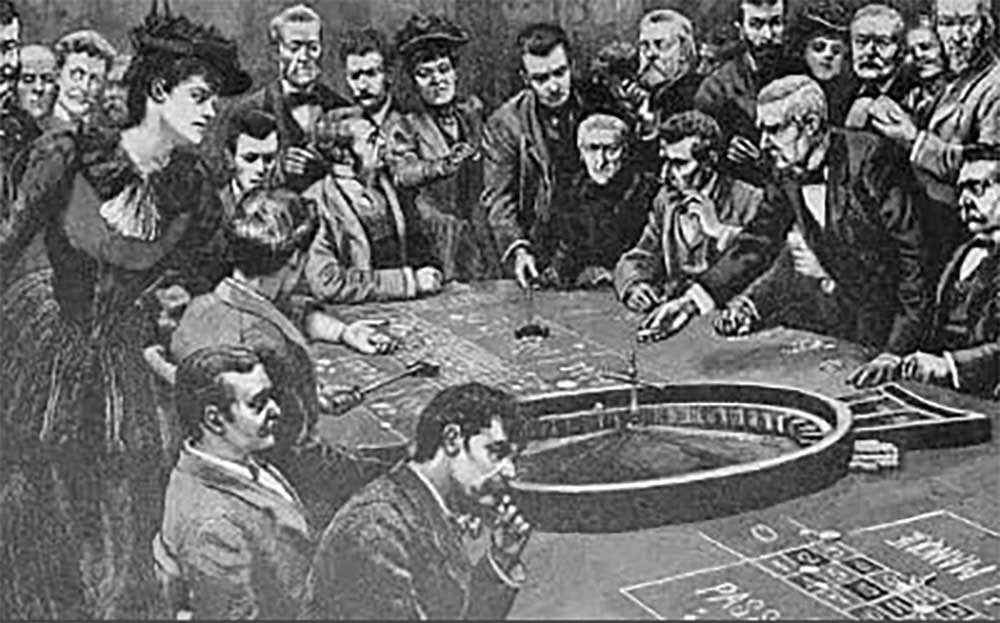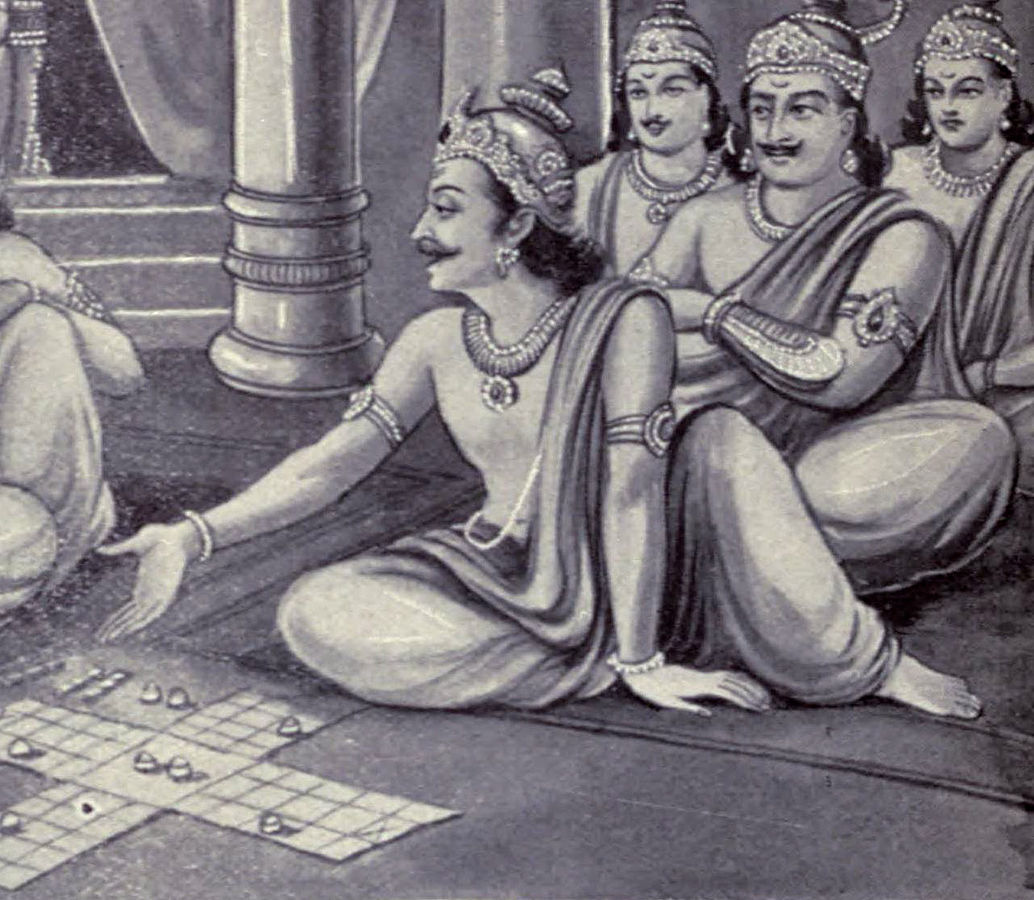From the glitz and glamour of Las Vegas to the swashbuckling style of Monte Carlo, casinos have long been a source of fascination for people around the world. But what is the colorful history behind these legendary gambling halls? This article takes an in-depth look into how casinos came to be, from their ancient beginnings through to their modern incarnations.
Through interviews with experts and professional gamblers alike, this article uncovers some surprising facts about casino culture that may surprise you. From stories of early gaming houses to tales of high-stakes games today, this article exposes readers to a world they never knew existed!
The History of Casinos: From Ancient Origins to Modern-Day Hot Spots

The history of casinos is a long and colorful one, stretching back to ancient times. While the exact origins are murky, some historians believe that an early form of gambling may have existed in China as far back as 2300 B.C.
In Ancient Rome, citizens played games of chance at local taverns with dice made from animal knuckles and stones. Fast forward to the modern day: Casinos are now found all over the world, offering a wide range of gaming options for people looking for a little thrill or excitement.
Many establishments, such as kingjohnnie Casino, feature state-of-the-art equipment such as slot machines, roulette wheels, and poker tables which attract customers from all walks of life. Some countries have even legalized online gambling sites in recent years – allowing players to enjoy their favorite casino classics without ever leaving home!
The many different types of casino games on offer today reflect how varied the activity has become over time; what started as small gatherings in homes or pubs have evolved into extravagant affairs where millions can be won – or lost – in just one night!
From blackjack tournaments held high above Las Vegas glittering skyline to intimate baccarat sessions tucked away in Monaco’s private clubs, there’s something special about each type of game that attracts players from around the world – making it clear why casinos remain popular destinations centuries after their inception.
Casino Culture Through the Ages: How Casinos Have Adapted Over Time

Since the dawn of civilization, casinos have been a source of entertainment and culture for many. From ancient China to modern-day Las Vegas, casinos have adapted over time to suit their respective societies. In Ancient China, gambling was an integral part of court life, and high-ranking officials were known to play dice games such as Liubo and Tàijíquán. In Europe in the 18th century, playing cards became popular among the upper class with some gaming houses devoted entirely to card games.
Even today, high-stakes poker is still a popular pastime in elite circles around the world. The rise of industrialized cities during the 19th century saw an influx of new visitors coming through casino doors – middle-class customers looking for fun and adventure away from their humdrum lives at home or work.
This led to more colorful designs being introduced into casinos; think flashing lights, gaudy colors, and elaborate décor that created an atmosphere more inviting than intimidating. But it’s not just aesthetics that makeup casino culture – it’s also about how the games themselves are played out inside these establishments which have changed dramatically over time due mainly to technological advancements such as online gambling websites or automated slot machines replacing traditional croupiers who used physical cards or chips before them.
These changes along with stricter gaming regulations have helped shaped today’s casino landscape so that players can enjoy fair gameplay without fear of being taken advantage of by unscrupulous operators – something few people could say when playing at illegal underground clubs centuries ago!
Uncovering Techniques for Successful Gambling
Uncovering techniques for successful gambling requires more than just luck. It involves a combination of knowledge and skill, as well as the ability to think on one’s feet to make sound decisions during heated moments. To win big at the casino, players must understand how different games work and develop strategies that maximize their chances of success.
This can involve studying odds and probabilities, learning about different types of bets, and calculating payouts or expected returns for each bet. Additionally, gamblers should also have an intuitive feel for ‘reading’ opponents so they know exactly how other players may react under certain circumstances – something professionals refer to as game sense – which comes with experience.
Lastly, but perhaps most importantly, it is essential that gamblers manage their bankroll responsibly by setting limits on how much they are willing to spend before walking away from the table when things don’t go their way. With these tips in mind along with discipline and dedication to practice sessions, anyone can become a successful gambler today!
Conclusion

In conclusion, casinos are a long-standing form of entertainment and gambling. From their inception in the 1600s to today’s modern versions, casinos have been an integral part of both cultural history and popular culture. As technological advancements continue to redefine the way people gamble and play games, the future of gambling looks bright.
Whether you’re looking for a brief escape from reality or simply want to take your chance at winning big, casinos provide something special that can’t be replicated elsewhere. With such a rich history behind them, it’s understandable why so many people are willing to take their chances with Lady Luck!
